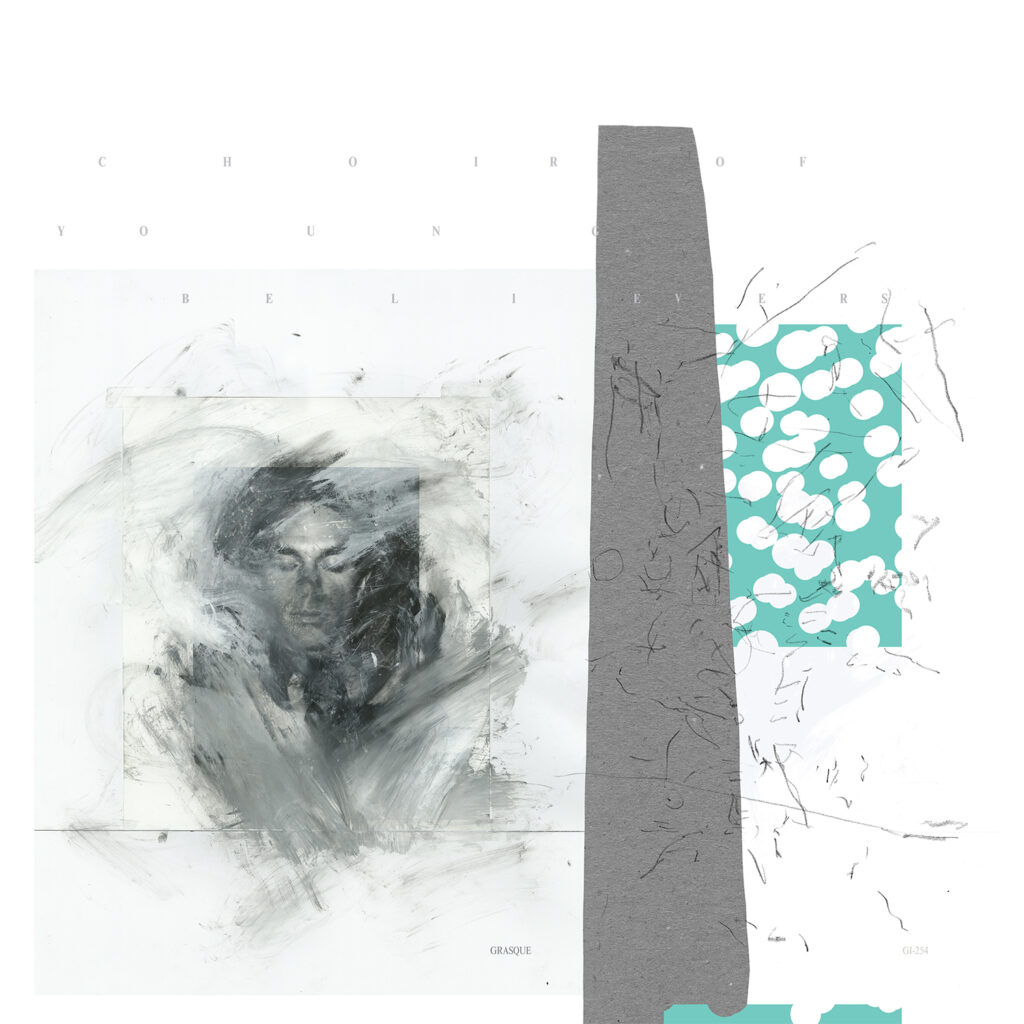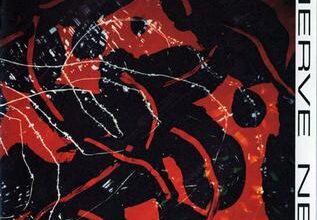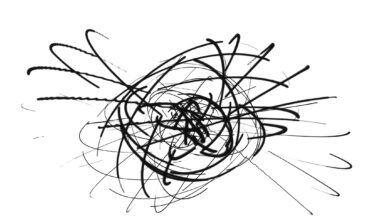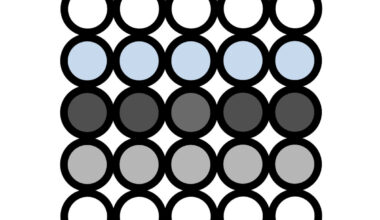Danish indie kid gatecrashes soulful electronica 80s style

Though the name suggests a multitude of voices, as is so often the case in electronic music, Choir Of Young Believers is the brainchild of just one, Copenhagen indie kid Jannis Noya Makrigiannis. ‘Grasque’ is the follow-up to his 2012 outing ‘Rhine Gold’ and had its origins in the deflation Makrigiannis felt having toured that record until he was emotionally and creatively spent. Uninspired by the guitar and piano that were his usual songwriting staples, he went off travelling in the hope that he’d find his mojo again.
On the strength of the eclectic ‘Grasque’, one can surmise he spent the majority of his travels with Tears For Fears, Talk Talk and other clever pop groups of that vintage on perpetual loop. The result is a mature, bold statement dominated by soulful gestures that drift perpetually off toward some distant, emotional horizon, each one bathed in shimmering synth hues. As Makrigiannis is at pains to stress, this is his band and he can do whatever he wants. So if he wants to bash out a slick pop track like ‘Serious Lover’, with its nod to Sade’s ‘Sweetest Taboo’ somewhat obviously on display, that’s entirely up to him.
Some modern synth acts do tend to find themselves stuck trying to capture the echo of pioneering music made nigh on 30 years ago, usually through loading up their tracks with fulsome, evocative reverb and impressionistic hooks and rhythms. By focussing on a deeper, emotional resonance (even if you can’t quite fathom the lyrics given he alternates between English, Greek and Danish) he seems to tap into something more meaningful in spite of the obligatory reverb. As Brian Eno once said, words aren’t that important anyway, it’s the mood that matters. And this is all about mood.
Much of the album is crafted from disparate building blocks, switched in and out more or less on the whim of its creator. ‘Face Melting’ begins as a weird R&B-esque piece, replete with slowed-down Barry White vocals and a whining guitar lick that presumably gave the song its title. Just as it seems to be languidly fading out toward the direction of the bedroom, it suddenly becomes a skeletal electro hybrid. It’s tricks like this that rescue ‘Grasque’ from period blandness. That said, it does require a degree of active listening to notice what’s going on much of the time.
What’s all the more strange about ‘Grasque’ is that songs like the quiet, soft drama of ‘Cloud Nine’, or the rich pulse of ‘Jeg Ser Dig’, were written in the wake of a stint supporting Depeche Mode. It literally couldn’t be further removed from the solemn goth-rock that the Mode bash out almost without thinking. To his credit, Makrigiannis has managed to find a niche no one knew existed, where he can fuse everything from Enigma-style ambient worldliness, the odd jazz passage, atmospheric electronics and a bucketload of good old fashioned tenderness into one thoroughly confounding album.





